Dr. Terry Mason is the former chief operating officer for the Cook County Department of Pubic Health. He was recently relieved of his duties by Cook County Board President Toni Preckwinkle. Dr. Mason has been an integral and exemplary part of the Chicago and Cook County health scene for decades, almost a mythical healthcare hero in our community.
By training, Terry is a urologist who was on call at Michael Reese and Mercy Hospitals in addition to his private practice. He developed a specialty service for male erectile dysfunction and prostate cancer.
He spoke with N’DIGO recently about his thoughts on the coronavirus and his career as a medical practitioner. He would not get into the situation with the County that led to his dismissal. The comments from our conversation with Dr. Mason below have been edited for length.
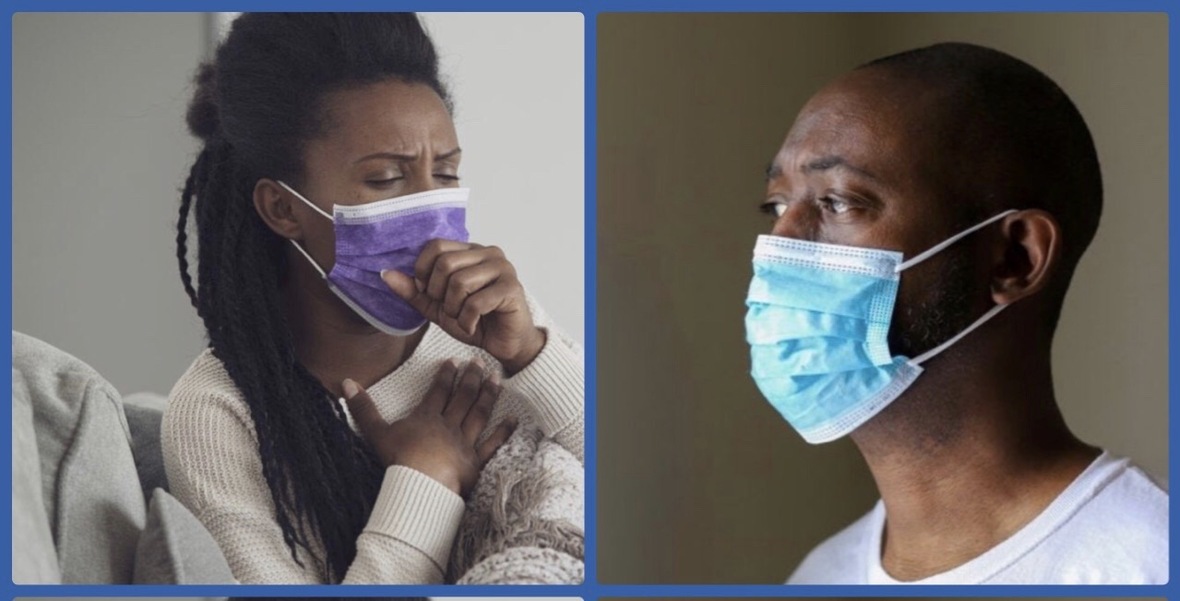
N’DIGO: What are your thoughts on why the pandemic is affecting African Americans more severely than others?
Dr. Terry Mason: I am not surprised that the coronavirus pandemic is having a more dire effect on the African-American community. It was actually expected that it would do that. Study after study shows that the leading causes of death, like heart attack, cancer and strokes, diseases like asthma and diabetes, and congestive heart failure are more common and usually occur with greater severity in the Black community.
Social determinants of health, such as the quality of housing, security of neighborhoods, presence or absence of appropriate grocery stores, availability of high-level medical care, the availability of primary care doctors, and income disparities have played a part in the different health outcomes. In many communities, these issues have worsened.
Lack of opportunities, living wage employment, the differences in educational attainment and opportunities also contribute to the outcomes. This is not about just choice, but is more about the choices people have to choose from. The housing stock is often older, with different pest control issues that required toxic chemicals to be used, which aggravated respiratory diseases. Housing stock built before 1978 is likely to contain lead-based paint.
The psychosocial issues around hope, the ability to fulfill what aspirations to move forward one may have, and the visibility of people who have been able to move forward educationally as well as financially and the lifestyle that affords them are often only seen on television. The harsh realities of life, or should I say survival, are different in the communities most stricken by the differences we see in the response that these individuals have to the coronavirus than in other communities.
The plethora of available tobacco products and cheap, but destructive, food sources that only aggravate these underlying conditions is also a major problem. Data produced by the Chicago public school system at any level of education in these communities shows how unprepared these residents and their children are to meet the realities of life. The combination of these issues and others create a perfect storm for the disaster that we’re seeing with coronavirus in the Black community.
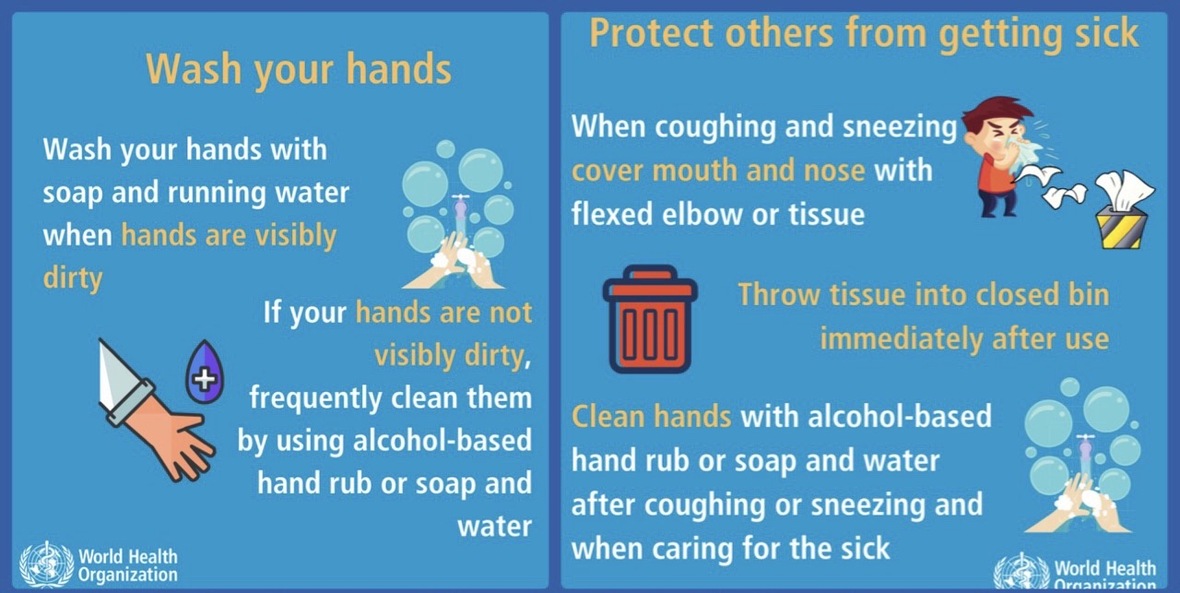
What should we, as African Americans, do at this time to avoid COVID-19?
Since it is pretty clear that there is no medication and no vaccination for COVID-19, the only defense we have is a good offense. We should be certain that any chronic diseases that we have, like asthma, diabetes, congestive heart failure, obesity, etc. are appropriately managed and where possible, reduced. The social distancing situation that we live in now must be enforced and maintained.
Use of protective equipment like a mask, particularly when you’re going out or have to be in the presence of others – which should be minimal – should also be done. You should follow the three C’s. One, Cover your cough or sneeze preferably with a tissue that you would properly dispose of after using. Two, Clean all of your hard surfaces with a disinfectant frequently, including doorknobs and even your keys. Three, is just to Contain – if you’re sick, stay home and stay away from people who are.
Limit your opportunity to come into contact with other people in grocery stores or places you need to go to purchase items, and limit those times. Make certain that you also drink water and eat wholesome food; increase your fruit and vegetable intake because these contain antioxidants that will be very helpful. Managing your stress is one of those things that can help strengthen your immune response. Make sure that you’re getting adequate sleep. Avoid alcohol and cigarette smoking. Do these things as best as your environment will allow you to.
Do not wait too long to seek out medical attention if you start having symptoms of what you may think is just a cold. What we do know is that this virus is very highly contagious and those people with underlying conditions are likely to have more complications from contracting this virus and therefore should seek medical attention as soon as possible. I would recommend particularly for the elderly, if they begin to notice flu-like symptoms, that they seek out a major hospital because some of the smaller community hospitals may not have everything that’s necessary to treat this issue.
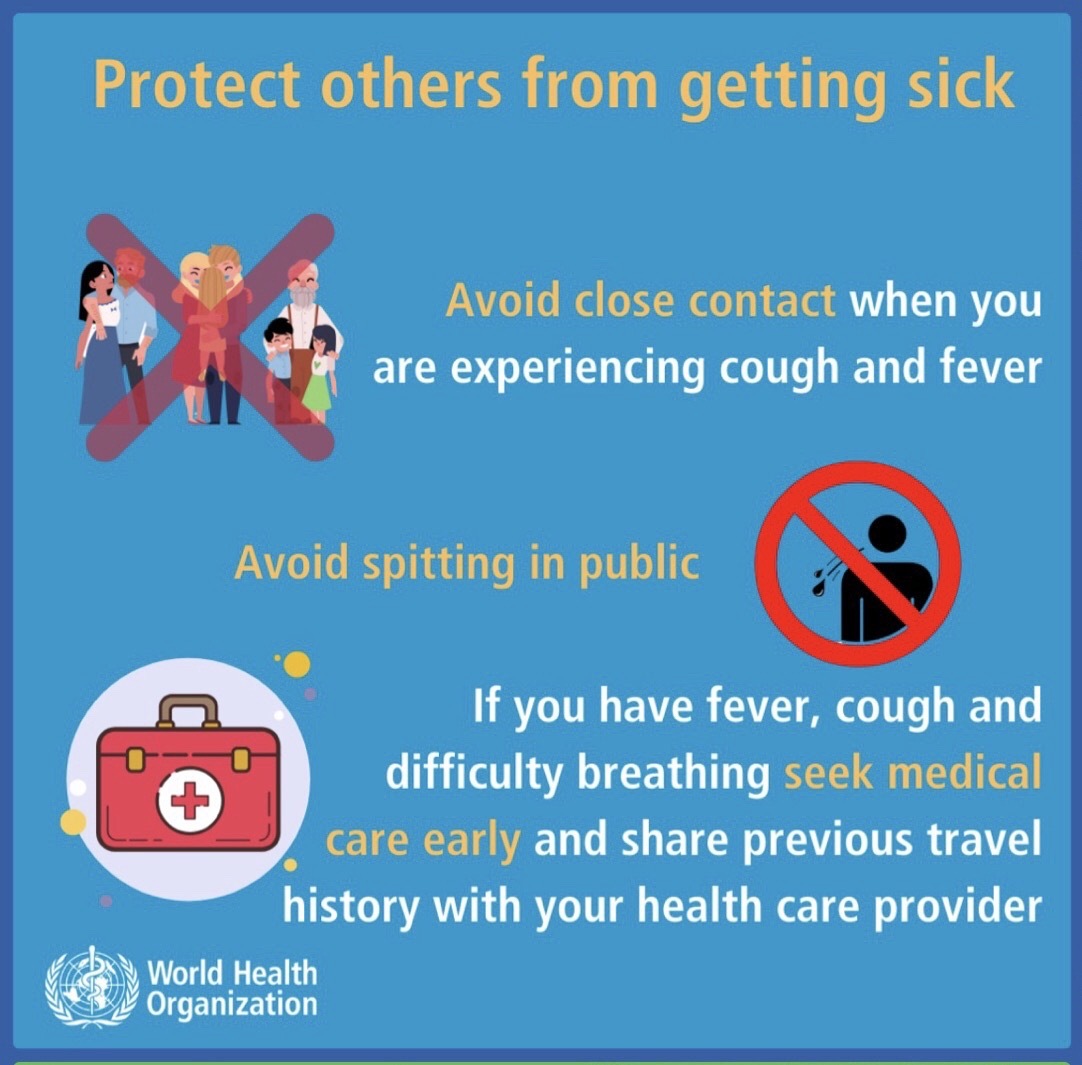
How long do you think we will be shut in because of the virus?
I’m not sure, but I’d rather err on the side of being shut in longer than not.
You have long been an advocate of “community health.” Why? And please explain what public health is.
I have been an advocate for community health all of my adult life. At the age of 18, I was in the Nation of Islam. It was there that I received the inspiration from the Honorable Elijah Muhammad to pursue a career in medicine. He had a vision to create hospitals in our community. Though he was financed and able to procure the land and the opportunity to build, he was denied by the powers that be the opportunity to fulfill that dream.
Everywhere he wanted to build the hospital, such as the property that is now Cole Park (at 85th and King Drive), the city made it a park or a park-like organization to avoid selling him the property. But it was with the Nation that I read a book that The Minister wrote called How To Eat To Live. It was there that I began to learn the relationships between the foods that we eat and the disease processes that we have. That put me on the course of trying to improve the health of ourselves and our community.
Community health is not just about medical care. Community health is making certain there’s appropriate lifeblood called the flow of money through the community to keep it strong and vibrant. Pride in our own culture is also community health. These are all aspects of community health and public health. Health is not justified by the presence or absence of disease; it’s also measured by how productive we are in doing for self.
Public health is making sure that we look at policies, procedures, and activities that ensure the health of the public. For example, restaurant inspections to be certain that the conditions that would create foodborne illnesses are not present, lead inspections for all homes built before 1978. All babies born in the state of Illinois are referred to the local health departments if they have any congenital abnormalities, if there is a sudden infant death, if there is drugs found in the system of the children.
They are all referred to be visited by nurses from the Department of Public Health at 2, 4, 6, 8, 10, 12, 18, and 24 month intervals, with documentation of their well-being reported back to the state Department of Public health. Pool inspections, tattoo parlor inspections, tanning booth inspections, are also part of the services provided by the Department of Public Health.
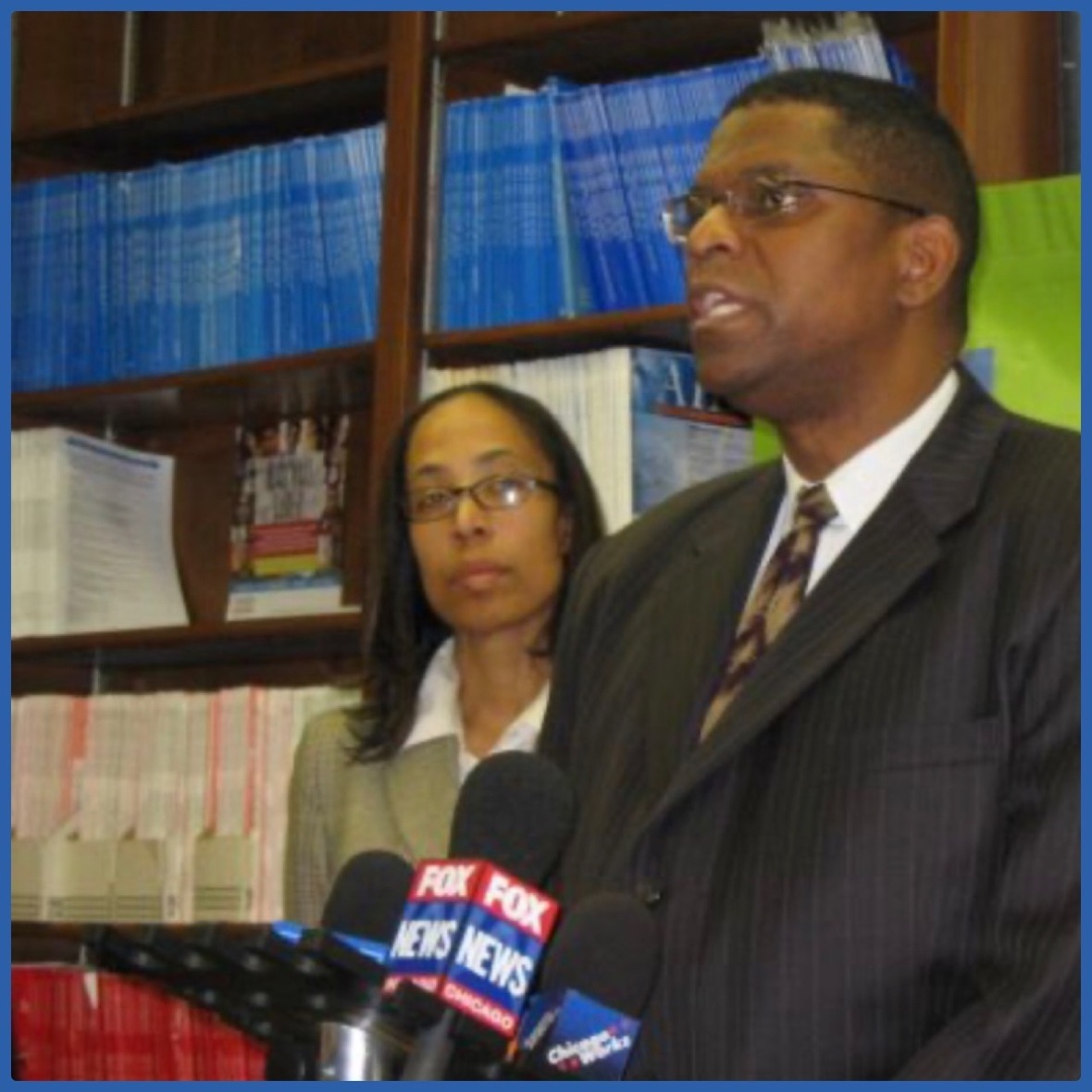
Who is responsible for public health?
Actually, everybody. All of us play a role in public health. Where and how we keep the places where we live work and play, is public health. Having safe environments, clean environments, restriction of toxins like cigarette smoke or land-based toxins. Appropriate protection by law-enforcement in our communities. Availability of grocery stores that sell the right kinds of food. Making sure that we get exposed to and maintain those family values that support good communities. This is all public health.
The public health departments are responsible for making certain that the home visitations I previously described by the nurses are done, that during the seasons for mosquitoes that could carry the West Nile virus that the appropriate mosquito abatement is carried out, that the other inspection services that we talked about are performed, and lastly, that there are plans worked on for emergency preparedness.
Why did you leave private practice to involve yourself with public health care?
After 26 years of urologic practice, I received a call from the mayors office, Richard Daley, asking me to consider becoming the Commissioner of Health for the city of Chicago. This took me totally by surprise as I did not know what, where, and the functions of a Department of Public Health. I later learned that there was a community group and some politicians, notably Congressman Danny Davis, who had suggested to the mayor that I might be a good fit. My first conversation with them was that I didn’t wish to take on responsibilities for which I had not been formally trained.
At their insistence I conceded to come in for an interview. In preparation for the interview I did some research to understand just what the public health department did. I was recommend to the mayor, but told him that I would need time to consider it as I was an active part in a practice and that I had major responsibilities for the practice as well as the people that I serve.
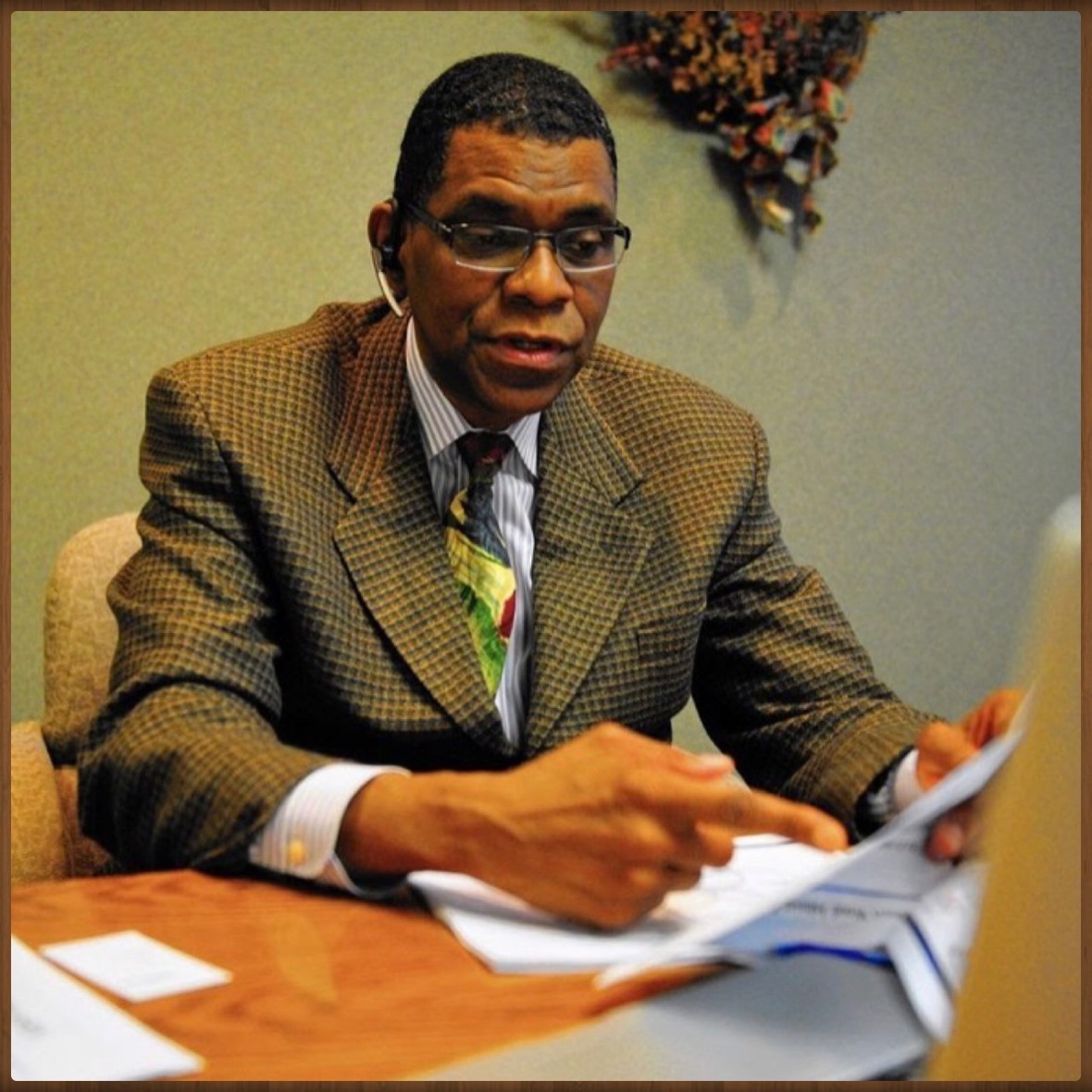
I went back and had a conversation with my partner, Dr. John Cudecki, with my minister, Dr. Jeremiah Wright, with sister Sheila of Mercy Hospital, many of my patients friends and colleagues. All thought this would be a great move for me. Prince Aisel Ben Israel suggested that I take a trip to Israel. That was a very spiritually uplifting and educational tour and I am grateful to this day that I did it. I spoke to many of the people that had been in roles in government, such as Valerie Jarrett and Terry Peterson. Though it was a very difficult decision, in the end I did it, and those three years at the City of Chicago as the Commissioner of Health were among the best three years of my life.
My first day there I said to my senior staff, I’m sure you have googled me and you know that I don’t have a background in formal public health training. But I told them I’m very smart and I will learn if you’re willing to teach me. We embarked upon a journey together that was absolutely amazing. It was one of the most fulfilling things that I had ever done. The difference in understanding and transitioning from one-on-one care to one-to-millions care was an amazing growth opportunity for me.
I expressed my belief in the talent and ability of my staff and gave them the room grow. We managed together the salmonella outbreak at the Taste of Chicago. It was the first foodborne outbreak ever at the Taste. Some of the people that emerged from that department went on to do greater things. Dr. Susan Gerber when to the Centers for Disease Control to do virology work. Doctor Suzette McKinney went on to run the Illinois Medical District and became an author of the textbook used in the University of Illinois School of Public health. Christine Kosmos became the national leader for Bioterror Terrorism Preparedness at the Centers for Disease Control. I am most grateful to God for whatever role I may have played in helping them to see the greatness within them and moving on to bigger and better things.
I went on from the Chicago Department of Public Health to the Cook County Health and Hospital Systems as its Chief Medical Officer, and then served six months as the interim Chief Executive Officer. Finally, I served as the Chief Operating Officer for the Cook County Department of Public Health.
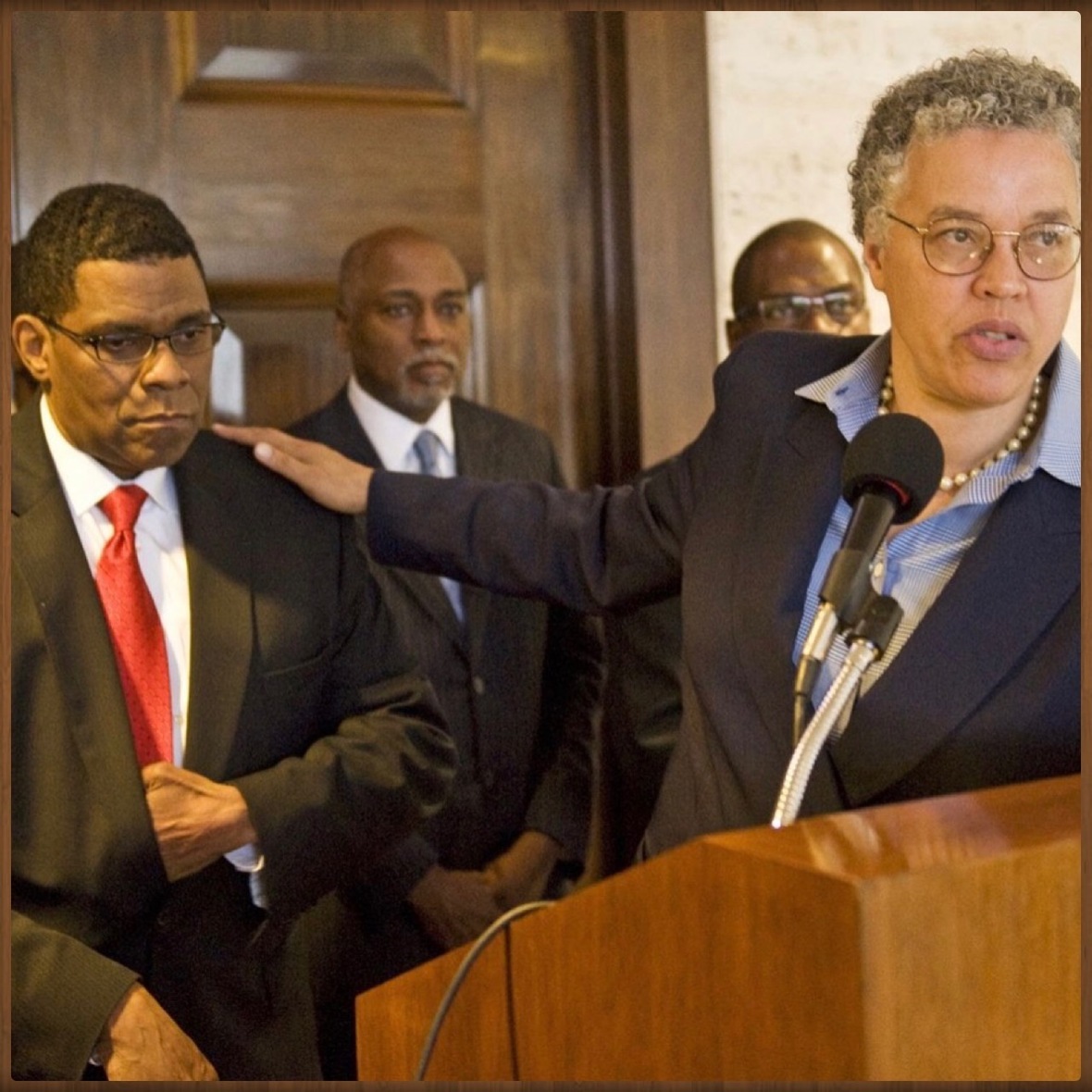
Can you tell us what your former boss, Cook County Board President Toni Preckwinkle, meant as she explained your dismissal in saying that you were not “operational?”
I do not know.
What’s next for Dr. Terry Mason?
I will continue doing the work that I’ve always done. I want to continue to work on educating our people on the benefits of plant-based eating because in my opinion it is the one thing that can make the biggest difference in treating the diseases that we have.
In private practice, I was very skilled at surgeries involving prostates, bladders, kidney stones, and I treated many men with erectile dysfunction. After a lot of study, I learned that there was damage to certain cells in the penis that was causing the problem. These cells are located in the lining of the blood vessels of the penis, which are responsible for producing a gas that causes the erection.
It became clear that there is a role for how the foods we chose to eat damage these very specialized cells. I became more interested in trying to better understand this problem so that I could integrate it into my treatment for this disease. This was my introduction to understanding at a very detailed level the role that food plays in the diseases that plague all Americans and anyone else who eats the standard American diet.
As I studied more, I learned that this same process not only affects the blood vessels of the penis, but the blood vessels everywhere in the body. It is responsible for what we call coronary artery disease, strokes, peripheral vascular disease, and can be contributory to cancer. This was fascinating to me.

During my four years of medical school at the University of Illinois in Chicago, we had only 40 minutes of nutritional education in four years of training. I spent five years as a person who trained in surgery, which included general surgery as well as three years of urologic surgery as a specialty, with no further education in nutrition.
I began to seek out any and all information relative to the role of nutrition and the diseases that I had been taught only could be managed by surgical intervention. My spirit and my soul were troubled that I had been complicit in the very thing that I learned later may not have been as necessary as I thought.
Whether it’s so-called heart disease, so-called obesity, so-called strokes, so-called diabetes, all of these diseases, looking at our diets, it is the foods that were eating that are killing us. The only way that you can get rid of these diseases is you have to not eat the foods that create them.
So that’s what I plan to do with whatever time God has left me on the planet – to go everywhere, all over the country, the world if necessary, to really talk about the benefits of eating plant-based foods. I’m going be writing books, doing YouTubes, doing Facebook Lives and things of that nature now that I have the time to. That is the ministry I believe God is giving me and I know that everything that I need to make that happen will happen because this is the right thing to do.
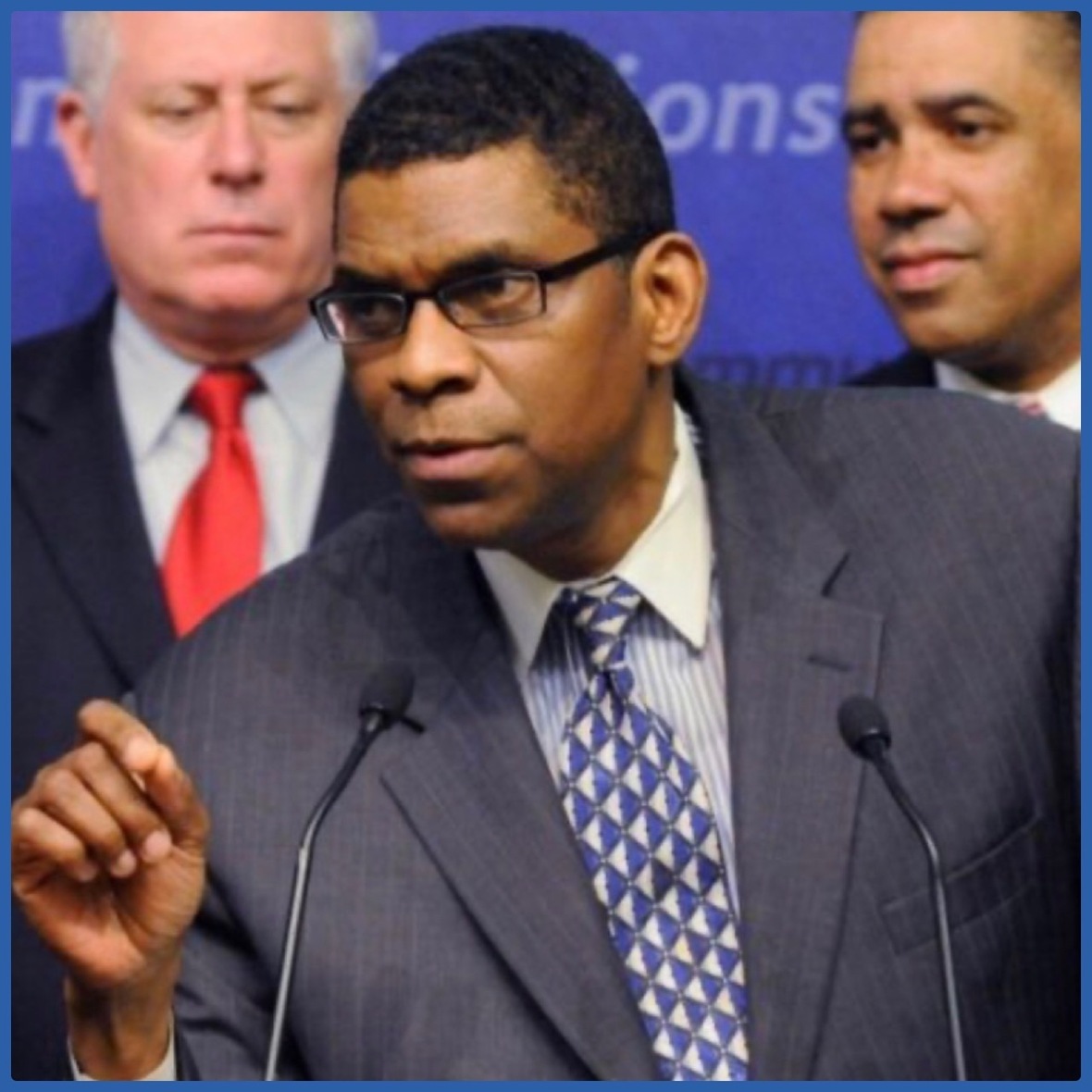


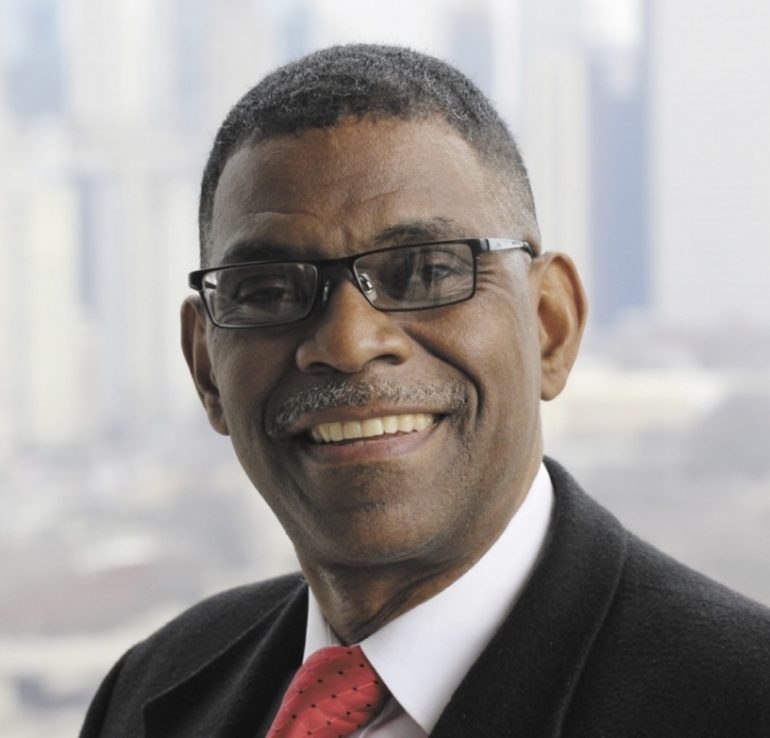
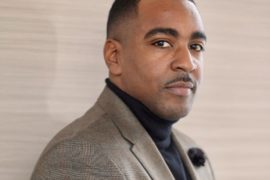
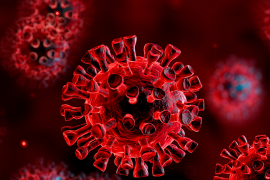
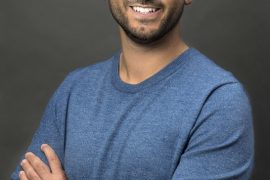

In 2009, Dr. Mason was hired by Richard M. Daley, not Richard J. Daley. 😺
Thanks for the correction.